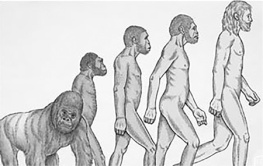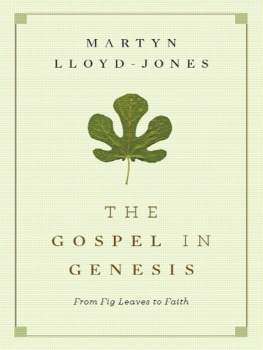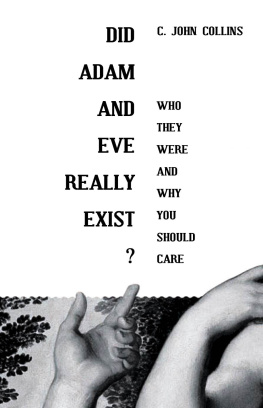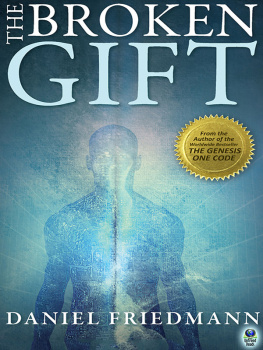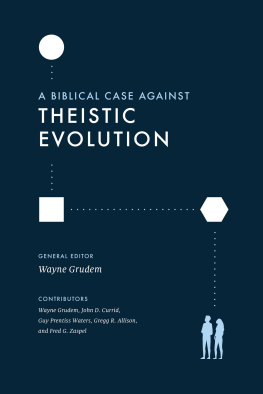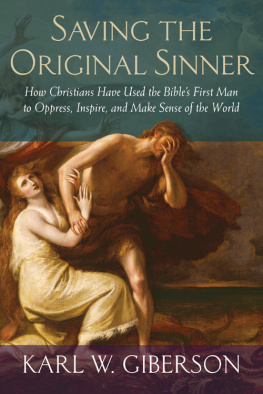First printing: October 2016
Copyright 2016 by Terry Mortenson. All rights reserved. No part of this book may be used or reproduced in any manner whatsoever without written permission of the publisher, except in the case of brief quotations in articles and reviews. For information write:
Master Books , P.O. Box 726, Green Forest, AR 72638
Master Books is a division of the New Leaf Publishing Group, Inc.
ISBN: 978-0-89051-975-2`
Library of Con gress Number: 2016916096
Cover by Diana Bogardus
Unless otherwise noted, Scripture quotations are from the New King James Version (NKJV) of the Bible, Copyright 1982 by Thomas Nelson, Inc. Used by permission. All rights reserved.
Scripture quotations marked (ESV) are from T he Holy Bible, English Standard Version), copyright 2001 by Crossway, a publishing ministry of Good News Publishers. Used by permission. All rights reserved.
Scripture quotations marked (NIV) are taken from the Holy Bible, New International Version, NIV. Copyright 1973, 1978, 1984, 2011 by Biblica, Inc. Used by permission of Zondervan. All rights reserved worldwide.
Scripture quotations marked (NASB) are from the New American Standard Bible, Copyright 1960, 1962, 1963, 1968, 1971, 1972, 1973, 1975, 1977, 1995 by The Lockman Foundation. Used by permission.
The NRSV apocrypha quotations are from the Coogan, Michael D., ed. The New Oxford Annotated Apocrypha, New Revised Standard Version. 4th ed. New York: Oxford University Press, 2010.
Please consider requesting a copy of this volume be purchased by your local library system.
Printed in the United States of America
Please visit our website for other great titles:
www.masterbooks.com
For information regarding author interviews,
please contact the publicity department at (870) 438-5288.
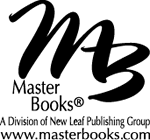
I dedicate this book to Margie, my godly, loving wife of 40 years and wonderful mother and homeschool teacher of our 8 children and serving grandmother to our 11 grandchildren, and to our Lord Jesus Christ, who gave her to me as my helpmeet and best friend, knowing so well how badly I would need her.
Contents
Introduction
by Dr. Terry Mortenson
T he cover story of Christianity Today in June 2011 read The Search for the Historical Adam. The subtitle was Some scholars believe genome science casts doubt on the existence of the first man and woman. Others say the integrity of the faith requires it. Since then the debate about Adam has intensified with many books rolling off the press: Peter Enns, The Evolution of Adam (2012); Hans Madueme and Michael Reeves, eds., Adam, The Fall and Original Sin (2014); William VanDoodewaard, The Quest for the Historical Adam (2015); John Walton, The Lost World of Adam and Eve (2015); and Abner Chou, ed., What Happened in the Garden (2016), to name a few.
The Internet has been buzzing too. In 2010, Old Testament scholar Bruce Waltke caused quite a stir with a 3-minute video posted on the BioLogos website, in which he said that if evangelicals dont accept evolution, they will become a cult. Founded by Francis Collins (former director of the Human Genome Project), BioLogos is the leading promoter of theistic evolution in America (including the evolution of man). Many prominent scholars and leaders have joined the chorus by posting comments or articles at Biologos, including Trempor Longman III, Alister McGrath, N.T. Wright, Dennis Alexander, and Tim Keller. I will have more to say in the last chapter about the growing influence of BioLogos on the question of origins.
In 2013, editors Matthew Barrett and Ardel B. Caneday published the Zondervan debate book, Four Views on The Historical Adam. All six contributors are professing evangelicals who claim to believe in inerrancy. Denis Lamoureux believes Adam is a myth and Gregory Boyd is open to that possibility. John Walton, C. John Collins, and Philip Ryken hold to a historical Adam, but have different views about how many of the details of Genesis 13 are literally true. William Barrick argues for the literal truth of how Adam and Eve were created and fell and is the only young-earth creationist among the six.
In addition to the Four Views book, Lamoureux, Walton, Collins, and Barrick debated the issues at the annual meetings of the Evangelical Theological Society in 2013 and 2014. At the annual meeting in 2015, Darrell Falk (a theistic evolutionist) and Nathaniel Jeanson (an author in this volume) debated the genetic evidence related to Adam.
So, many Christians are asking lots of questions. Did Adam exist in history or is he a myth? Was he created supernaturally from literal dust or did he evolve from an ape-like creature? Was he the first human or did God select him out of a group of early Homo sapiens? Did he come into existence on the sixth literal day of history about 6,000 years ago (as a literal interpretation of Genesis 111 would indicate), or was that event tens or hundreds of thousands of years ago and 13.8 billion years after the big bang? If we believe the Bible, do we have to stick our head in the sand and deny science? And does it matter anyway as long as we believe in Jesus Christ as Savior and Lord? Are these just interesting questions that curious minds with too much free time think about? What is the truth about mans origin?
The books on Adam mentioned above and others primarily look at these questions from a biblical, theological, and historical perspective with minimal discussion of scientific issues. This book is different. First, all the authors are convinced young-earth creationists who believe in the inspiration, inerrancy, and supreme authority of Scripture and therefore believe that the Bible should be interpreted by comparing Scripture with Scripture and using the historical-grammatical hermeneutic. Second, we will be presenting biblical, theological, historical, paleontological, anatomical, genetic, anthropological, archeological, and social arguments in confirmation of the literal truth of all that Genesis and the rest of the Bible say about Adam and human origins.
It is our hope that this book will not only be a useful text for seminary students and professors, but also be understandable to college students, lay people, and teenagers who want to dig deeper. As such, we have transliterated and translated all Greek and Hebrew terms and sought to make the scientific arguments understandable to non-experts.
Before we plunge into the various topics covered in this volume, I want to comment on that often vaguely defined term science.
In the introduction of their book on Adam, Madueme and Reeves briefly discuss their concern about the epistemological status of natural science for theology. They say,
Some argue that traditional beliefs simply have to change, one way or another, before what they see as the assured results of science. Other Christians have become militantly anti-science because they sense a growing threat from emerging scientific theories. On the one hand we need to recognize that the noetic effects of sin infect all strata of scientific investigation. Science should not usurp the authority of Scripture. Yet on the other hand there needs to be a due recognition that the empirical investigations of scientists can glorify God by helping us understand and relish his creation more deeply.
Several remarks are needed in response. First, I dont know which Christians Madueme and Reeves have in mind when they refer to them as militantly

